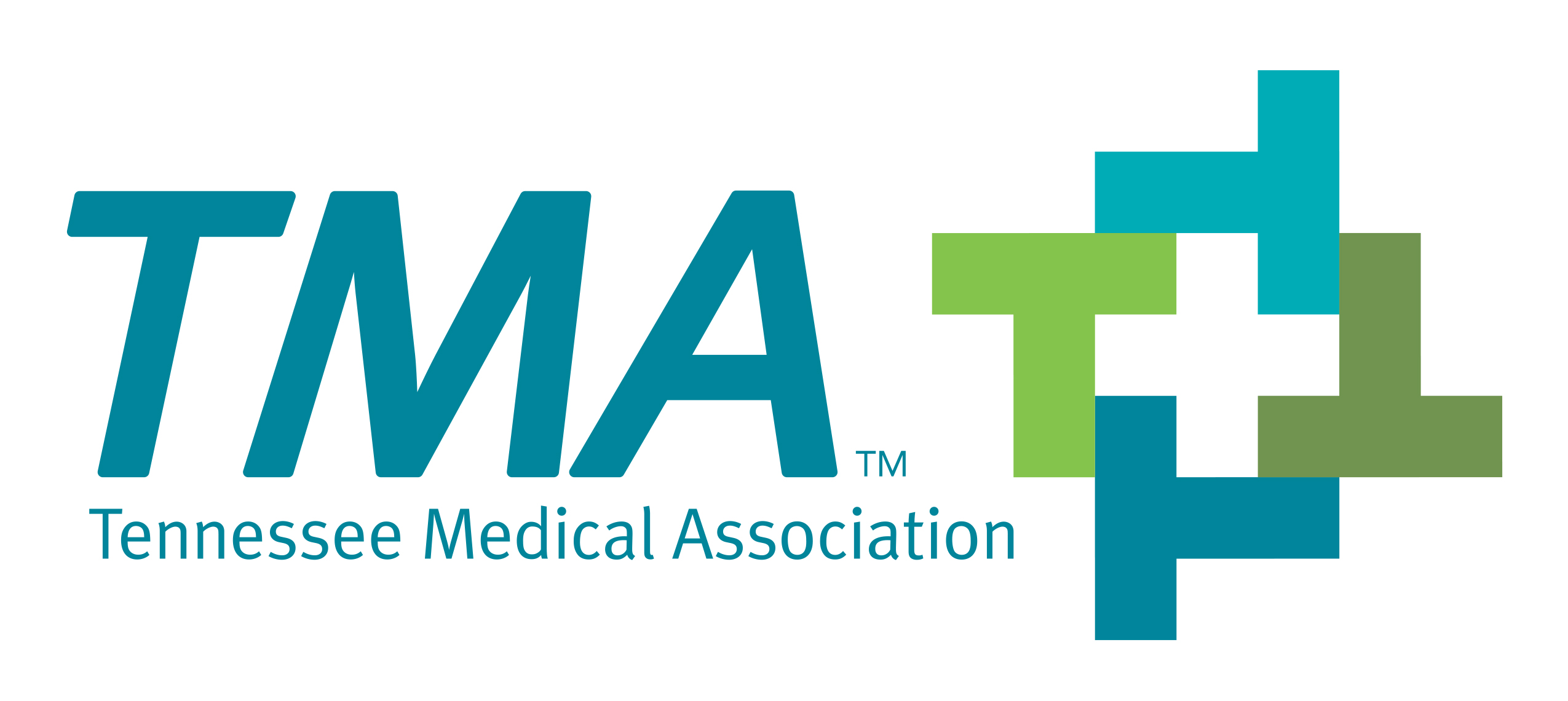TMA Bills Pass General Assembly, White Bagging Fails on Senate Floor

TMA Bills Pass General Assembly, White Bagging Fails on Senate Floor
While the final days of session are often marked by impassioned debate on high-profile, contentious issues, two of TMA’s legislative priorities quietly passed the House floor this week after receiving funding approval in the 2024-2025 FY budget.
On Tuesday, insurer clawbacks (SB2328/HB2076) and physician wellness (SB734/HB628) cleared their final legislative hurdle on the House floor, passing almost unanimously save for one opposing vote on the latter. The measures were two of TMA’s most heavily negotiated bills this session, going through a combined six iterations before gaining the needed support to pass. The bills’ sponsors lauded the efforts of stakeholders for coming together in compromise, with one lawmaker recognizing the importance of “lifting up” physicians to enable them to better serve their communities.
Although TMA’s hybrid team-based care bill (SB2136/HB2318) successfully cleared the Senate floor on Monday, its House companion, along with the Dr. Benjamin Mauck Act (SB1709/HB1628), stalled on the House floor Thursday due to lack of time. Both bills have been reset for next Monday’s calendar at noon CT where they are expected to pass before the Tennessee General Assembly concludes business for the year.
WHITE BAGGING
A two-year effort aimed at addressing logistical concerns related to BlueCross BlueShield’s (BCBS) specialty pharmacy mandate died unexpectedly on the Senate floor on Monday.
As amended, SB502/HB916 carried by Sen. Bo Watson (R-Hixson) and Rep. Iris Rudder (R-Winchester) would have prohibited health insurance entities from denying or restricting access and payment to clinician-administered drugs simply because they were obtained from a pharmacy outside of the insurer’s network.
The practice, commonly referred to as “white bagging,” concerns the drug acquisition process in which specialty medications are shipped directly to the physician’s office, hospital, or clinic for administration. White bagging typically affects oncology and rheumatology patients who require costly injectable or infusible medications that aren’t available in traditional pharmacies and must be administered by a physician. In 2019, BCBS imposed a specialty pharmacy mandate that effectively upended this model, requiring patients to purchase their specialty medications directly from the insurer’s preferred specialty pharmacy rather than from their physician’s office. The result has been increased drug waste, treatment delays, revenue going to big out-of-state companies, and lost revenue for Tennessee practices which no longer have the ability to bill for the pre-administration, administration, and post-administration costs associated with infusion services.
An exorbitant fiscal note had been enough to stall the bill in last year’s session, but after amending out the State Group Insurance Program and TennCare, the proposal was able to clear the Senate Commerce & Labor Committee on a 6-3 vote back in March. The re-work was to no avail, however, as lawmakers expressed concerns about the potential costs being passed on the patients if enacted. Despite assurances from the sponsor, the bill failed to gain the necessary constitutional majority to pass and died on 14-12-3 vote.
